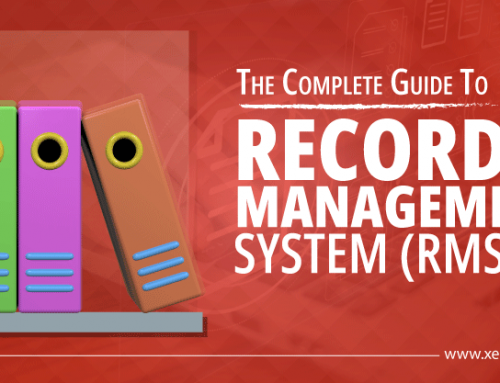Unfortunately nowadays stress seems to be an everyday part of life, particularly in the workplace. Not only is this stress unpleasant and unproductive, it can be incredibly detrimental to the health of those affected. According to a recent study by the British Heart Foundation, two in five employees say that stress at work has affected their health by causing them to smoke and drink more, eat poorly, and forego exercise.
We’re not naïve enough to think we can eliminate this stress, but we strongly believe that managers have a duty to their staff to help give them the best working environment possible.
Reducing stress may seem like an insurmountable task, but there are some simple things you can do to help make a difference.
- Be a good role model
Those in your teams are looking to you for guidance, what kind of example are you setting? Create an office culture where people want to work, show them that your work doesn’t rule your life, that you have a life outside the office with a good work-life balance. This means sticking to work within work hours, no late night emailing or long hours in the office and taking regular breaks. And remember, don’t let your stress levels show to those around you, keep calm and positive, and when you let off steam make sure it is outside of the workplace.
- Know your staff and be accessible
If you know your staff, you’ll know how to motivate each one of them and how to recognize when they are struggling. If you are approachable and accessible, they will be able to come to you when they have issues, and you can take the necessary steps to help support them and reduce the pressure and isolation they feel. Just make sure you are a good listener so that they can really get things off their chest.
- Prevent technology failures where possible
We’ve all experienced the ultimate frustration in the office – when the printer doesn’t work, the scanner fails or the internet goes down. Technology can be a great asset but our reliance on it means that we find our stress levels at an all time high when it fails us. Make sure you use good quality equipment that is regularly serviced and updated – and that you have a good partner to support you if find yourself in a position where you need it. Not that we’re at all biased, but we hear the Xeratek team are particularly good at this 😉
- Don’t make unachievable demands or overstretch your team
Manage your resources. You know your team and their capabilities. Whilst it may be healthy to stretch people and push boundaries, there is a limit, and as a manager you should know what this is. Make sure you have enough staff for every job and that they are skilled and equipped enough to do the job, and be flexible with how the work gets done if you need to.
- Encourage breaks
Studies show that people are most productive if they work in 90-minute periods, punctuated by 20-minute breaks. You’ll get better results from your team if you allow them regular periods of rest, and they’ll feel a lot better about coming to work. Take this to the next level by creating a clear quiet or brainstorming space in the office, and again, lead by example with our own schedule.
- Create a team
Teams who have a genuine connection are much more able to support each of the individuals within it. Our colleagues are the people we spend most of our time with, if they can get on to a point where they genuinely enjoy each others’ company, they will be a more cohesive unit and able to be there for each other. On the other hand, a dysfunctional team causes a huge amount of additional stress and anxiety – encourage team building events and activities to ensure this doesn’t happen.
- Clear the office
We pick up our emotional stress from the physical environment too. Even just keeping the office clean and clutter free can have a hugely positive effect on our emotional state so maintain a clear desk policy and make your office a nice place to be. Simple things like soft furnishings, artwork, music/radio, flowers and plants make such a difference.
- Smile
You can reduce your stress level as well as the stress level of you colleagues by simply smiling. If you maintain a cheerful attitude, or just put a smile on your face even when things are not going to plan, it will help you and everyone around you to relax – you’ll find it’s surprisingly contagious!
Implementing even a few of these small changes can have a profound effect on the welfare of your staff – and the output of your company in turn, particularly when you consider how contagious stress can be. Just remember that the same thing doesn’t work for everyone, so make sure you get feedback from the team too. You might think managing stress is an individual concern, but don’t kid yourself, your role has more power than you might think.






